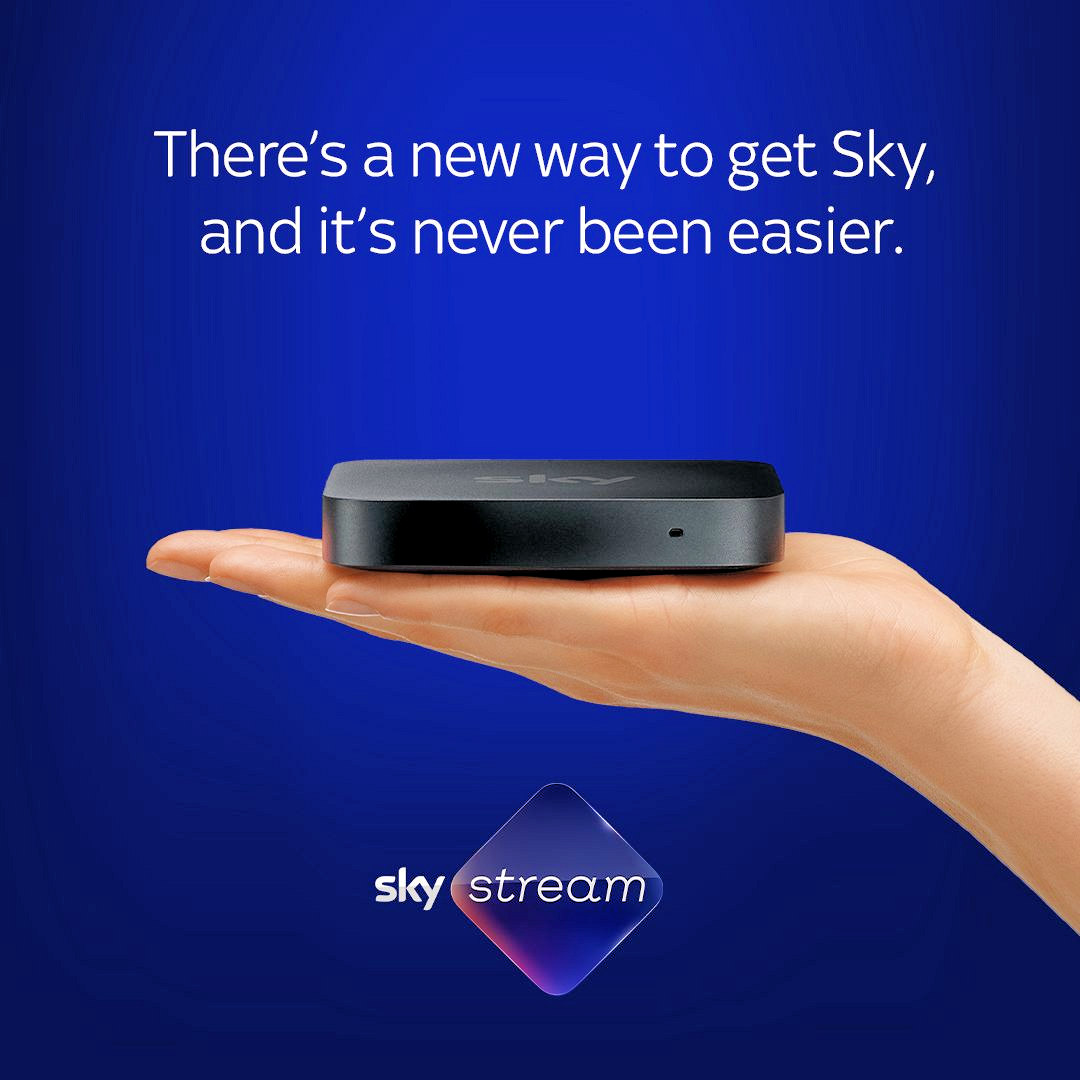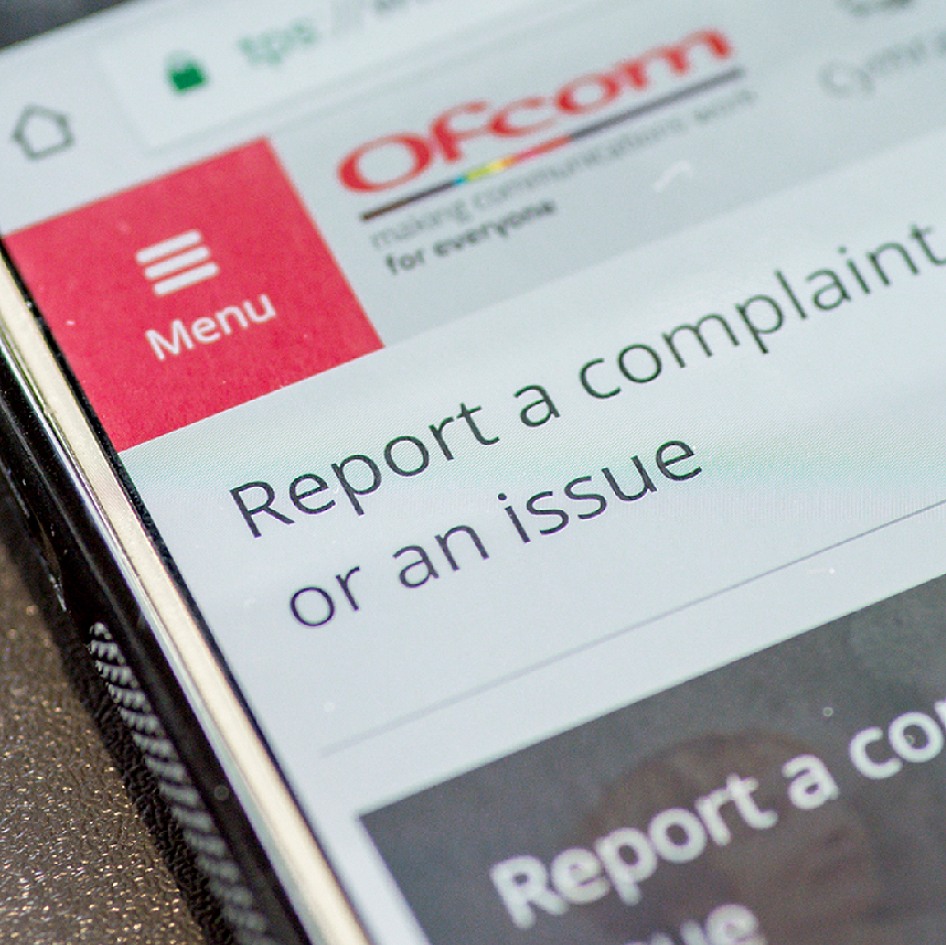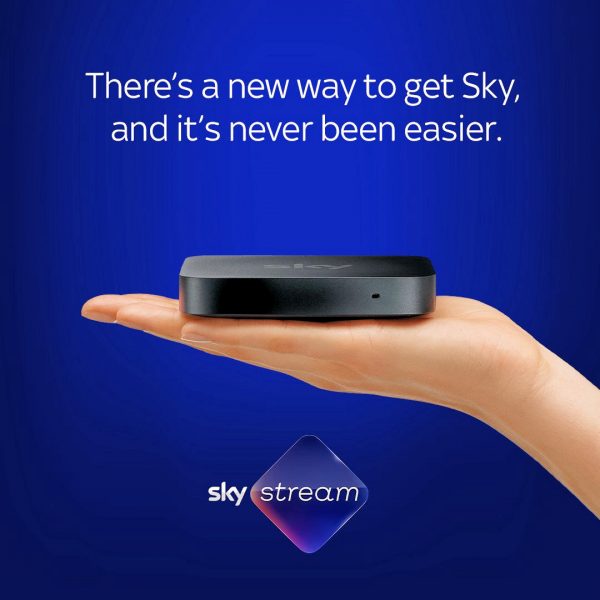UPDATE University of Surrey Claims 1Tbps Speed via 5G Mobile Technology
Researchers working on the future 5th generation (5G) of Mobile Broadband technology at the University of Surrey in England claim to have achieved a staggering transfer speed of 1Tbps (Terabit per second), or 1,000,000Mbps (Megabits) in more familiar language, over their candidate technology.
The claimed performance, which is far in advance of the 10Gbps to 50Gbps (Gigabits per second) that is so often mooted when talking about 5G solutions, is well ahead of even Samsung’s rival 5G test that last year achieved 7.5Gbps (here). But Samsung’s test was conducted outside of the laboratory (technically still a “lab test“) and involved a car moving at 60MPH (note: performance dropped to 1.2Gbps when in motion) over a distance of 4.35km and using the 28GHz radio spectrum band.
By comparison we know precious little about the Surrey test, except for a rough V3 report stating that the performance was achieved over a fairly short distance of 100 metres via new transmitters and receivers.
Suffice to say that we’ll have our doubts about the 1Tbps claim until we can see a practical demonstration being conducted in public. Apparently the plan is to take the technology outside of the lab for testing between 2016 and 2017, which would be followed by a public demo in early 2018.
Naturally we wanted to know more, not least with regards to whether Professor Rahim Tafazolli, who leads the project, could tell us what radio spectrum bands were used and whether their approach involved using millimeter wave (mmW) frequency bands to enable the use of higher frequencies over greater distances (a lot of other 5G solutions are using this).
Professor Rahim Tafazolli told ISPreview.co.uk:
“The technique is independent of centre frequency whether mm wave or below 6GHz. It is a new detector that works really well in environments where there is a lot of interference I.e dense cells (for example cells of ~100m) and cells with lots of interfering antennas like massive MIMO. The indicated rate was measured in 100MHz of bandwidth.”
Surrey University is of course home to the United Kingdom’s 5G Innovation Centre, which was setup in 2012 with a huge bag of public funding (here and here) so as to help the country develop its own contender for the next generation Mobile Broadband standard. But the 5GIC currently represents just one of multiple different teams from around the world that claim to be working on a 5G solution (another example here).
Crucially a firm standard for the future technology has yet to even be defined, while Ofcom must also conduct a lengthy process of spectrum reorganisation and auctions in order to find and release the necessary radio frequency bands (hard to do when 5G is still so experimental). The Government currently aims to release 500MHz of public sector spectrum by 2020 and most of this is for bands below 5GHz. Put another way, very few expect a commercial 5G deployment to begin before 2020.
Never the less the 5GIC has plenty of supporters, including most of the major UK mobile operators, plus BT, Huawei, Fujitsu, the BBC and of course Samsung itself; not to mention various others like Ofcom and the ITRI etc.
Certainly Professor Rahim Tafazolli makes no secret of wanting “to be the first in the world to show such high speeds” and so far they appear to be going in the right direction, but the road to turning such prototypes into a battery efficient commercial solution, which could slot into existing mobile infrastructure, is still very far off indeed.
Never the less it’s worth pointing out that the Government of South Korea has already committed an eye watering £940m to roll-out its own 5G service, with trials due by December 2017 and a commercial deployment set for 2020. Countries like South Korea and Japan have often been ahead of everybody else in the mobile field, but perhaps this time we won’t be so far behind and some of what the UK builds might actually form a meaningful part of the future standard.
As ever the performance that consumers can ultimately expect to receive will no doubt be a lot lower than the headline claims being made today and in the meantime existing 4G (LTE-Advanced) technology still has plenty of room to grow, with the service continuing to get faster and faster via new upgrades.
UPDATE 25th Feb 2015
We’ve been finding the 1Tbps claim a little difficult to digest and so have been prodding Professor Rahim Tafazolli for further details, specifically a greater clarification of how the performance was achieved.
According to Tafazolli, the new class of Detector (a completely new approach) was tested through computer simulations (these simulated a real mobile/wireless environment) and were found to achieve the 1Tbps rate claimed. In our view that’s quite a bit different from conducting a practical test.
Next year Tafazolli said that his team would work to implement this in a proper hardware/software platform and test it in a real environment in the 5GIC outdoor testbed. Hopefully they will be able to announce the performance in 2017.
Mark is a professional technology writer, IT consultant and computer engineer from Dorset (England), he also founded ISPreview in 1999 and enjoys analysing the latest telecoms and broadband developments. Find me on X (Twitter), Mastodon, Facebook and Linkedin.
« UK ISP BT Fixes HomeHub 5A FTTC Router Disconnection and Reboot Bug
Latest UK ISP News
- FTTP (5513)
- BT (3514)
- Politics (2535)
- Openreach (2297)
- Business (2261)
- Building Digital UK (2243)
- FTTC (2043)
- Mobile Broadband (1972)
- Statistics (1788)
- 4G (1663)
- Virgin Media (1619)
- Ofcom Regulation (1460)
- Fibre Optic (1394)
- Wireless Internet (1389)
- FTTH (1381)
























































Comments are closed